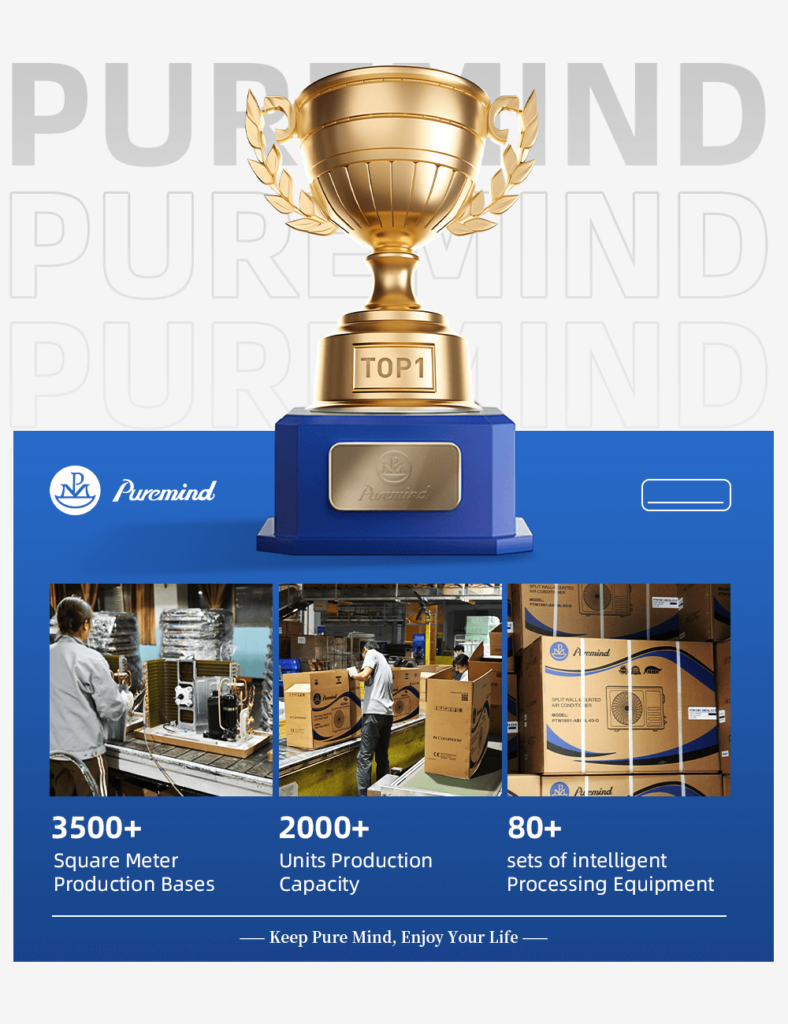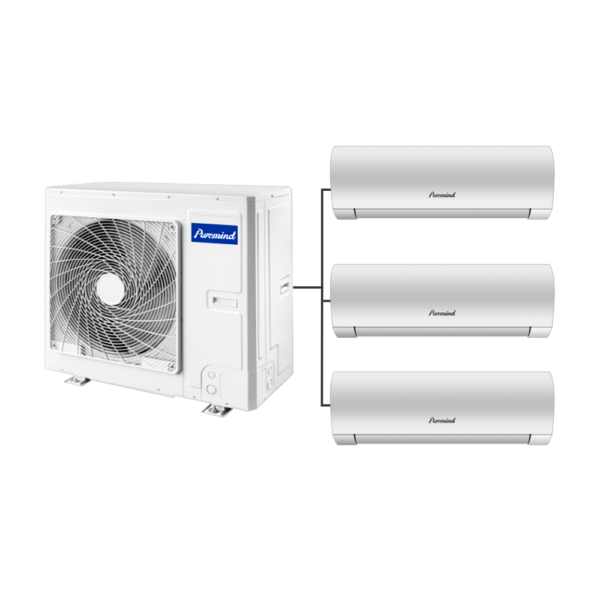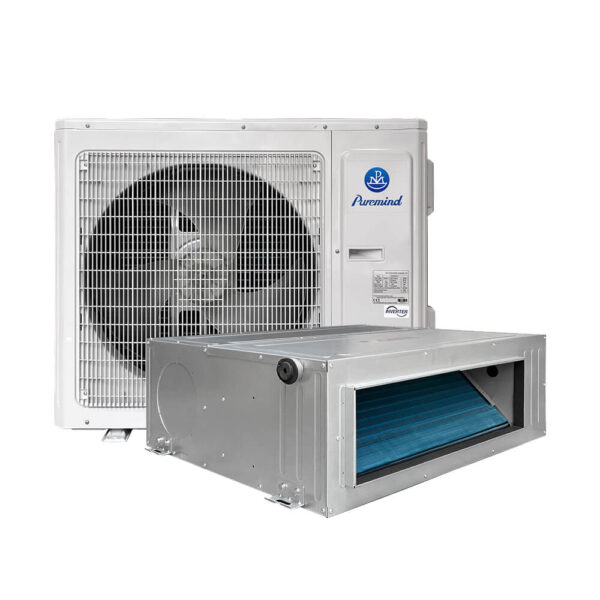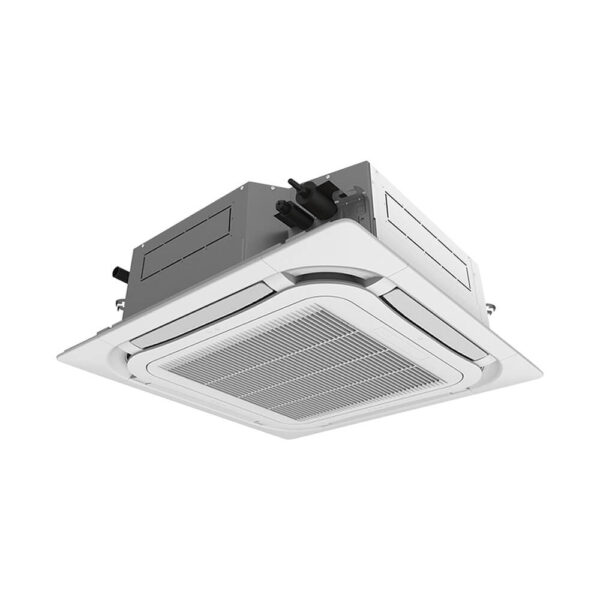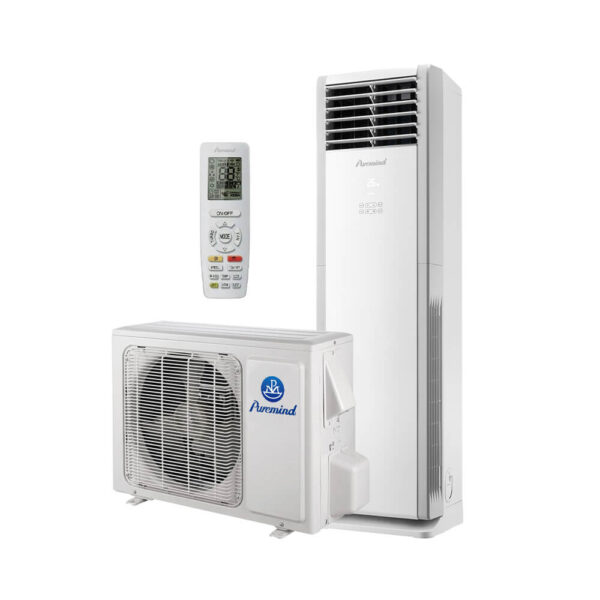Wholesale AC Buying Guide: Tips for Smart HVAC Sourcing
In the competitive HVAC industry, sourcing wholesale AC units effectively can significantly impact your profit margins and service quality. Wholesale purchasing allows businesses to access better pricing, ensure a consistent supply of products, and improve delivery efficiency. This guide will walk you through the essentials of buying in bulk, evaluating suppliers, and adapting to future market changes, so you can strengthen your business strategy and customer satisfaction.
Understanding the Wholesale AC Market
The wholesale air conditioning market involves the bulk purchase of units and components directly from manufacturers or authorized distributors. These products are then resold to contractors, retailers, or end users at competitive rates. Bulk orders often come with significant discounts, giving businesses more room for competitive pricing or increased margins.
Common Products in Bulk HVAC Supply
- Split system air conditioners
- Ductless mini-split units
- Portable and window AC units
- Commercial rooftop systems
- Replacement parts and HVAC accessories
Why Bulk Purchasing Benefits Your Business
Purchasing air conditioners in bulk brings more than just price advantages:
- Cost efficiency: Lower per-unit costs free up budget for marketing or service upgrades.
- Inventory stability: Reduced risk of stock shortages during peak seasons.
- Supplier relationships: Long-term bulk agreements often mean better support and exclusive offers.
How to Identify Reliable Suppliers
Choosing the right supplier is the cornerstone of successful bulk sourcing. Consider these steps:
- Research Industry Leaders: Use resources like Buildings.com to find reputable distributors and wholesalers.
- Attend Trade Shows: Events such as AHR Expo connect you directly with manufacturers.
- Check Certifications: Ensure products meet local energy efficiency and safety standards.
- Review Terms: Understand payment options, return policies, and warranty coverage.
Evaluating Price Structures
Wholesale pricing models vary depending on the supplier. Common options include:
- Volume Discounts: Larger orders receive better rates.
- Seasonal Promotions: Off-peak discounts can help lower costs.
- Contract Rates: Locked-in pricing for long-term agreements.
Logistics and Delivery Considerations
Efficient shipping and handling are as important as pricing. When assessing a supplier’s logistics capabilities, look at:
- Proximity to your service areas
- Shipping partners and methods
- Average lead times for bulk orders
- Options for emergency restocking
Regional Hotspots for HVAC Distribution
In the United States, certain cities act as distribution hubs for the air conditioning wholesale market:
- Houston, TX: Central logistics hub with strong HVAC manufacturing presence.
- Miami, FL: Strategic location for servicing the Southeast and Caribbean markets.
- Los Angeles, CA: Ideal for Pacific trade and West Coast distribution.
- Chicago, IL: Well-connected central hub serving multiple states.
Special Focus: Split System Air Conditioners
Split systems remain a top choice for residential and light commercial installations due to their efficiency and flexibility. Sourcing them in bulk can enhance profitability and allow for competitive retail pricing. You can explore our Split Air Conditioner product category for reliable, high-quality units that cater to different capacity needs.
Quality Control in Bulk AC Purchases
When buying large quantities, ensuring quality consistency is essential. Request product samples, verify batch numbers, and work with suppliers that provide detailed inspection reports. Establishing a clear quality control process helps avoid costly returns or customer complaints.
Balancing Inventory and Market Demand
Bulk buying requires careful inventory planning to avoid overstocking or tying up cash flow. Analyze seasonal demand patterns and keep track of upcoming HVAC technology trends to adjust orders accordingly.
Future Trends in the Wholesale AC Industry
- Energy-efficient models: Growing demand for eco-friendly and high-SEER units.
- Smart HVAC technology: Integration with home automation systems.
- Regional micro-warehousing: Smaller, strategically placed storage facilities for faster delivery.
Practical Tips for Successful Wholesale AC Sourcing
- Negotiate payment terms that support your cash flow.
- Maintain multiple supplier relationships to reduce dependency.
- Regularly review supplier performance and pricing.
- Stay updated on HVAC industry regulations and standards.
Conclusion: Building Long-Term Success in HVAC Sourcing
Choosing the right partner for wholesale AC sourcing can give your business a competitive edge. From securing better pricing to improving delivery times, strategic bulk purchasing supports long-term growth. By combining thorough supplier evaluation, smart inventory management, and adaptation to industry trends, you can ensure your business remains strong in the ever-changing HVAC market.
External link source: Buildings.com | Internal link: Split Air Conditioner
